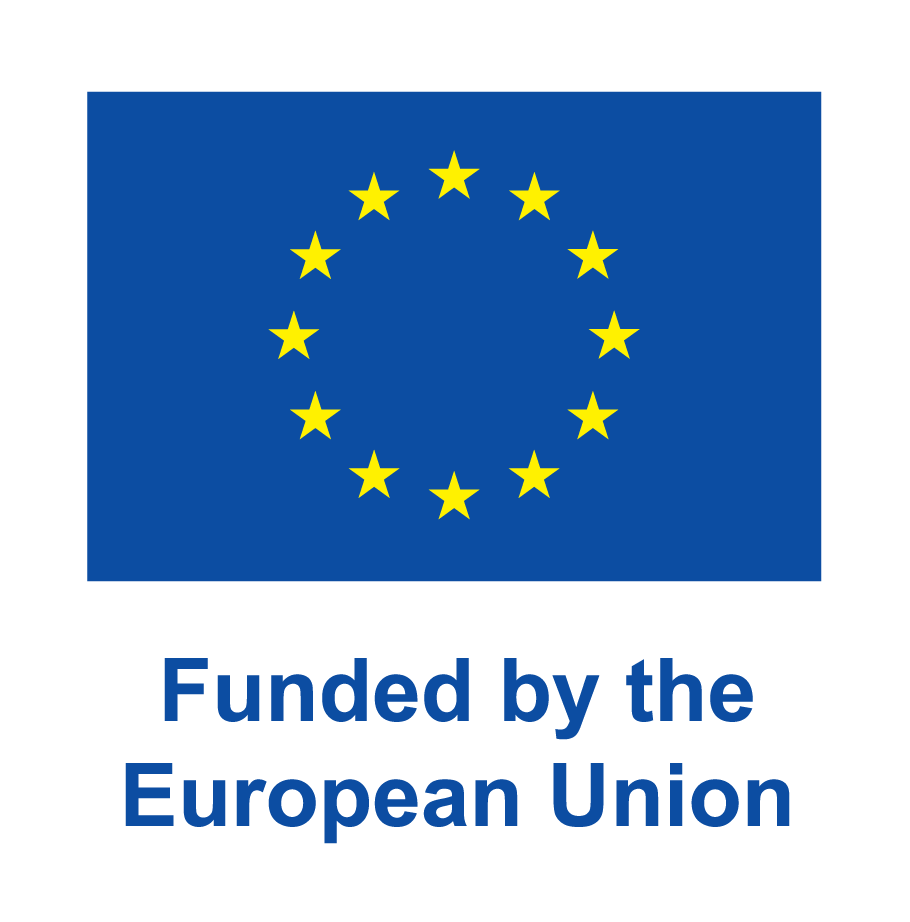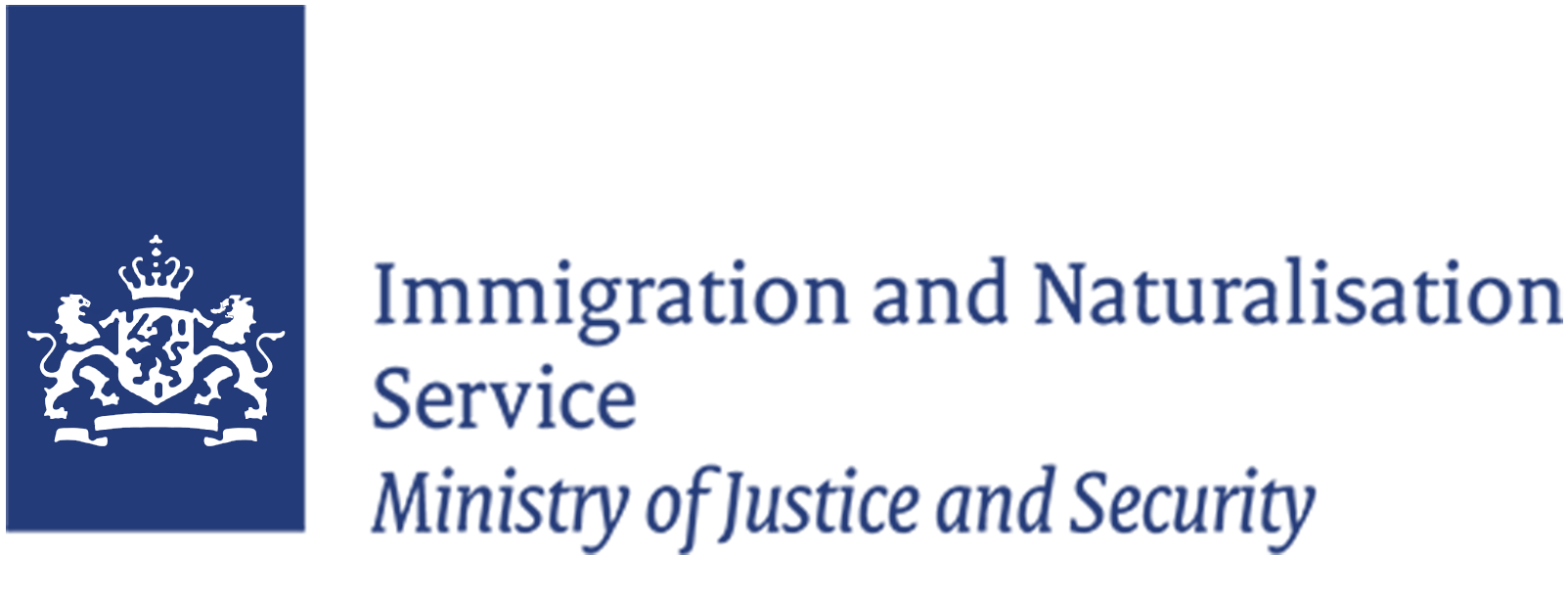According to the European Family Reunification Directive, partners and minor children under 18 of persons with an asylum residence permit have the right to family reunification. An EMN-study shows that countries differ in the required documents to prove the family relationship, the decision periods, and policies set in place for unaccompanied minors.
> Read the full EMN-study (comparison between 25 European countries*) and the two-pager from
EMN Netherlands (concise comparison between the Netherlands and other Member States)
Decision Periods and Required Documentation
The period for assessing an application for family reunification of persons with an asylum residence permit varies from 1 month (EE, HR; RS) to 9 months (BE, CY, CZ, EL, FI, LU), the maximum period allowed under the Directive. Like Germany, Lithuania, and Slovakia, the Netherlands applies a 3-month period, with an automatic extension of another 3 months. Most countries apply a broader period than the Netherlands.
All countries request evidence demonstrating the family ties. If official documents are lacking, the Netherlands—like most countries (BE, CY, CZ, EE, FI, FR, HR, IE, IT, LT, LU, LV, NL, PT, SE, SK; NO)—also accepts supplementary evidence, such as photos, travel documents, and letters. DNA testing is allowed under certain conditions in 11 countries (AT, BE, CZ, EL, FI, IE, IT, LU, NL, SE, SK; NO). In Bulgaria, Cyprus, and Slovakia, written statements and/or sworn declarations may also suffice to prove the family relationship.
For persons with an asylum status, the conditions for family reunification can be more favorable than for other applicants, such as labour and student migrants (regular family reunification). An application for family reunification must be submitted within 3 months after obtaining the residence status, the so-called 'favorable period'. This is laid down in the European Family Reunification Directive. In the Netherlands, for example, asylum status holders are not required to meet the income requirement if the application is submitted within the favorable period, and an income statement is not required.
Family Reunification with Children Who Become Adults During the Application
Children who become adults during the asylum application procedure of a parent retain the right to family reunification, provided the application was submitted by the status holder within the favorable period.
In about one-third of the countries, unaccompanied minors may also submit an application for reunification with their parents within the favorable period, even if they became adults during their asylum process (BE, CZ, FI, FR, LT, MT, NL, SE, SI). Whether adult dependent children, who rely on others for care, are eligible for family reunification varies greatly by country. In 9 countries (AT, CY, FR, IE, LT, LV, MT, PL; RS), this is not possible. In 14 countries (BE, BG, CZ, DE, EL, FI, HR, IT, LU, NL, PT, SE, SI, SK), it is allowed only in specific or exceptional cases. In the Netherlands, the general rule is: the older the adult dependent child, the greater the burden of proof.
*Participating countries: Austria (AT), Belgium (BE), Bulgaria (BG), Cyprus (CY), Czech Republic (CZ), Germany (DE), Estonia (EE), Greece (EL), Finland (FI), France (FR), Croatia (HR), Ireland (IE),
Italy (IT), Lithuania (LT), Luxembourg (LU), Latvia (LV), Malta (MT), Netherlands (NL), Poland (PL),
Portugal (PT), Sweden (SE), Slovenia (SI), Slovakia (SK); Norway (NO), Serbia (RS)


